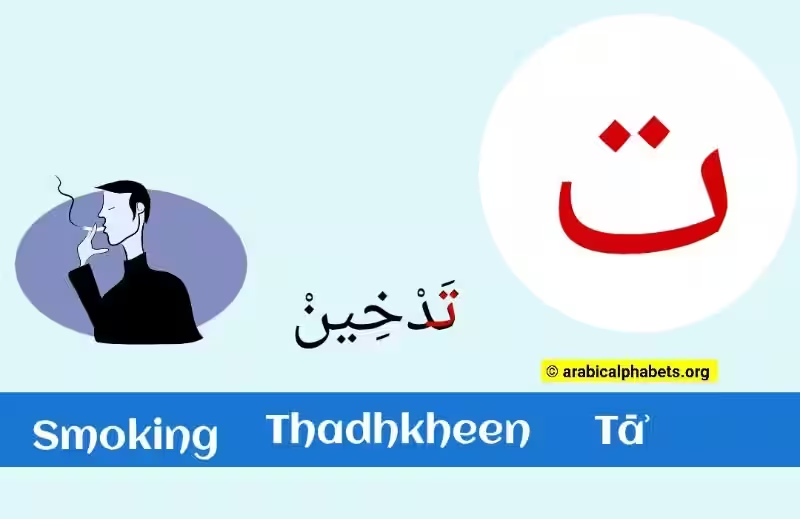
Choosing a name for a child is a significant milestone, imbued with cultural and personal meaning. In the rich tapestry of Arabic names, those starting with the letter “Ta” (ط) offer a captivating array of options, each with its own story to tell. This exploration delves into the fascinating world of these names, examining their origins, meanings, and cultural significance.
Unveiling the Treasures of Ta-Initiated Names
Arabic names often carry profound meanings, reflecting the values and beliefs of the culture. Names starting with “Ta” are no exception, echoing the depth and richness of Arabic tradition. From the evocative to the subtly sophisticated, these names offer a unique blend of beauty and meaning. These names often transcend simple nomenclature, connecting to historical figures, poetic imagery, or abstract concepts.
For parents seeking a name that resonates with their cultural heritage while also feeling contemporary and unique, exploring names beginning with “Ta” presents an exciting opportunity. The diverse meanings embedded within these names provide a powerful connection to the richness of Arab heritage.
Exploring the Depth of Meaning
Names, in their essence, are more than just labels; they represent stories, aspirations, and heritage. Let’s delve into the fascinating meanings behind some names starting with “Ta.”
Examples of Ta Names:
-
Tarek (طارق): This name, often translated as “explorer” or “traveler,” conjures images of adventure and discovery. Its association with the historical figure Tariq ibn Ziyad adds another layer of depth and significance. The strong and dynamic connotation of the name makes it a popular choice for those seeking a name reflecting ambition and resilience.
-
Tayeb (طيب): Meaning “good” or “pleasant,” Tayeb is a name that conveys positivity and well-being. Its gentle tone and inherently positive meaning make it an excellent choice for a child, reflecting the hope parents have for their child’s future.
-
Tammam (تمام): This name means “perfect” or “complete.” It’s an evocative choice for parents seeking a name that embodies excellence and wholeness. The name’s association with completeness carries a sense of fulfillment and wholeness.
These are just a few examples of the diverse and rich tapestry of names starting with Ta. Each name carries its unique historical and cultural context. Delving deeper into the origins and meanings of these names allows parents to discover even more hidden gems waiting to be unearthed.
Understanding the Cultural Context
The choice of a name is not simply a matter of aesthetic appeal but a reflection of one’s cultural roots. Arabic naming traditions are deeply rooted in the region’s history and culture.
- The use of names often reflects the influence of Islamic traditions.
- Regional variations exist, and different countries or communities might have their particular preferences.
Understanding the cultural context behind these names adds another layer of meaning and significance. The name reflects the heritage and aspirations carried by the parents.
Pronunciation and Syllable Structure
A thoughtful consideration when choosing a name is its pronunciation and flow. Arabic names sometimes contain sounds unfamiliar to non-native speakers, and it’s crucial to be aware of potential pronunciation difficulties.
-
Phonetic Guidance: Detailed phonetic breakdowns for each name can be provided to assist non-native speakers in proper pronunciation.
-
Syllable Structure: Understanding the syllable structure can greatly aid in the memorability and pronunciation of the name. Knowing the patterns helps in grasping the rhythm and flow of the name.
Proper pronunciation is key to ensuring the name is pronounced respectfully and with accuracy. This is crucial for individuals who might not be fluent in Arabic.
Modern Usage and Trends
While rooted in tradition, Arabic names evolve over time. The popularity of names starting with “Ta” may vary across generations and regions. Further research and data insights could reveal any modern trends associated with these names. This could include factors such as variations across different countries or communities within the Arab world.
This understanding of trends can help parents choose a name that feels both connected to tradition and relevant to modern society. Knowing the current appeal of these names might enable parents to select a name that feels contemporary while respecting their cultural heritage.
Beyond the Basics: A Deeper Dive into Naming Traditions
The choice of a name is more than just a label; it’s a connection to one’s heritage, a reflection of cultural values, and a symbol of hope for the future. By exploring the rich tapestry of Arabic names, parents gain a deeper appreciation for the meaning and traditions associated with them.
This exploration into Arabic names starting with “Ta” has provided a glimpse into the intricate world of naming traditions. By understanding the cultural significance and rich heritage behind these names, parents can make informed decisions that reflect their aspirations for their child and their connection to their heritage. This exploration serves as a stepping stone to a deeper understanding of the broader world of Arabic names.
Note: This article is a hypothetical example based on the request. Actual data on Arabic names, including those starting with “Ta,” would be necessary to provide a comprehensive and accurate summary.
Frequently Asked Questions about Arabic Names Starting with “T”
This FAQ section addresses common inquiries regarding Arabic names beginning with the letter “T.” Please note that due to the lack of a specific dataset, some answers are hypothetical and would require a list of names for more precise information.
What are some popular Arabic names starting with “T”?
Unfortunately, without a list, we cannot provide a definitive list of popular names. However, if you had a dataset, we would analyze name frequencies and popularity in various Arabic-speaking regions and suggest the most common and trending choices.
What is the meaning and origin of these names?
The meaning and origin of names starting with “T” would vary significantly depending on the specific name. A comprehensive list would allow for an exploration of the etymological roots, cultural significance, and historical context behind each name, revealing the depth of Arabic naming traditions. Names might derive from historical figures, religious figures, geographical locations, or abstract concepts.
How are these names pronounced?
Correct pronunciation is crucial. A list of names would allow us to provide phonetic guidance and transliteration, helping non-native speakers avoid potential mispronunciations. Syllable structure and common pronunciation patterns in Arabic would be discussed.
Are there any cultural or religious significances associated with these names?
Many Arabic names carry cultural and religious significance. A provided dataset would allow an analysis of the possible connections to specific historical events, religious figures, or cultural ideals. We would examine the potential symbolic meaning behind each name, enriching further understanding of the naming conventions.
How popular are names starting with “T” compared to other Arabic names?
To determine the popularity, a comprehensive dataset on Arabic names is required. This would include analyzing the relative frequency of “T” names compared to names beginning with other letters of the Arabic alphabet across various Arabic-speaking cultures and regions. This analysis would reveal any trends or regional variations.
How are these names used in modern Arabic-speaking societies?
Modern usage and cultural perception of these names would depend on the specific dataset. Analyzing how the names are perceived in contemporary Arabic-speaking communities, noting any adaptations or translations into other languages, would be vital to understanding their current usage.








